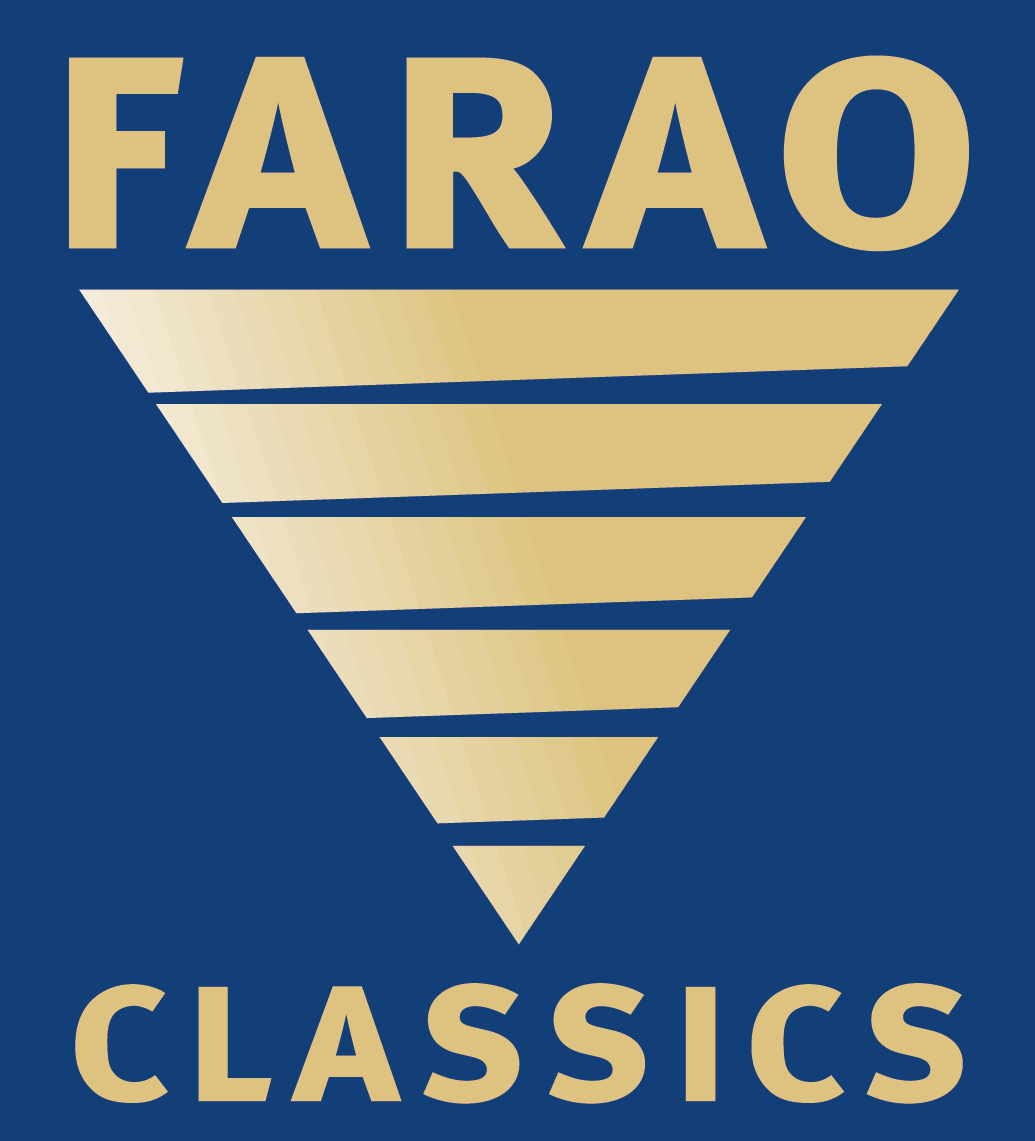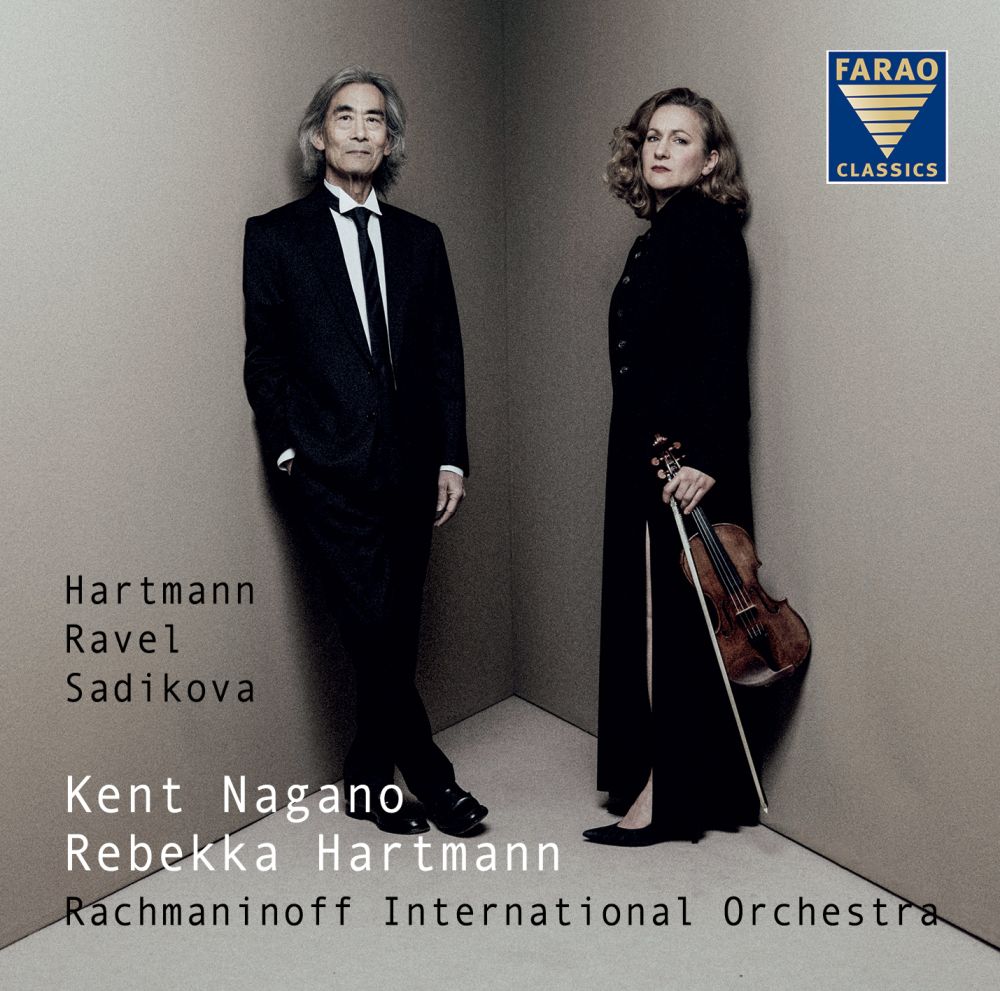

Order number: B 108128

Price € 15,00
Shipment costs € 3,90 (worldwide)
free above € 30,00 order
Shipment costs € 3,90 (worldwide)
free above € 30,00 order
Download available:
HIGHRESAUDIOOrder number: B 108128

Hartmann, Ravel, Sadikova
Rebekka Hartmann - Rachmaninoff International Orchestra - Kent Nagano
Recorded in the Moyzes Hall Bratislava, Slovakia, 2023
CD
From darkness to light
Crises, divisions, nationalism – the beautiful utopia that is the potential of a united Europe is being thrown into disarray. This special recording by the Rachmaninoff International Orchestra under Kent Nagano, together with violinist Rebekka Hartmann, reveals the strength of the connection between different European cultures. The musicians have recorded three works from the twentieth and twenty-first centuries: three works that bear witness to Europe's culture and its strength, from a perspective that transcends national borders.Karl Amadeus Hartmann's Concerto funebre from 1939 dates back to the continent’s darkest period. Hartmann does not employ a simple or brilliant language for those dark times under the Nazi terror in Germany, but interprets his time in a complex and multilayered way. But he still builds a bridge with his music, quotes a Russian revolutionary funeral march, and looks beyond his own cultural sphere.
The violin concerto Stradivari by Uzbek composer Aziza Sadikova from 2020 points in the other direction. Inspired by a Soviet television film from the 1980s, her music journeys from the Italian Baroque to the present. It draws on Europe's rich cultural heritage and does not raise up any borders, discovering in the process a beautiful present and future.
Maurice Ravel had a similarly open and benevolent view of his home continent’s cultural heritage a hundred years earlier. His Tzigane is inspired by the music of the Roma. But even today, in Ravel's piece we hear less the appropriation of such music into a Western European soundscape than the fascination of a Western European for this specific kind of musical expression. Joy, affection, and the openness to a foreign culture are what characterize this piece.
Press review
Opus Haute Définition
Magnifique!Jean-Jacques Millo, 23 juin 2025
PAN M 360
Hartmann’s athletic performance is supported by Kent Nagano’s ideally dark and shadowy orchestra. Unforgettable music that benefits from a convincing performance here. Ravel’s Tzigane is played with character, Hartmann letting his bow dance to infuse it with the necessary nomadic soul, accompanied by an alert orchestra, alternately lascivious and teasing. … Exciting scores in carefully crafted and passionate interpretations.Frédéric Cardin, August 2025

